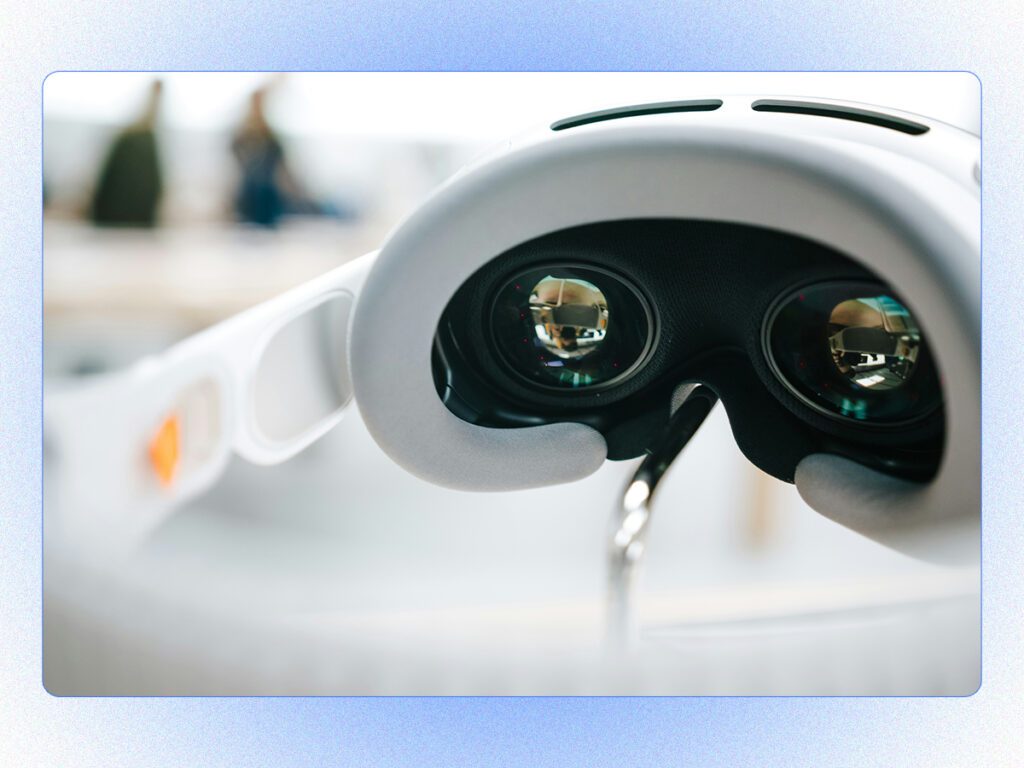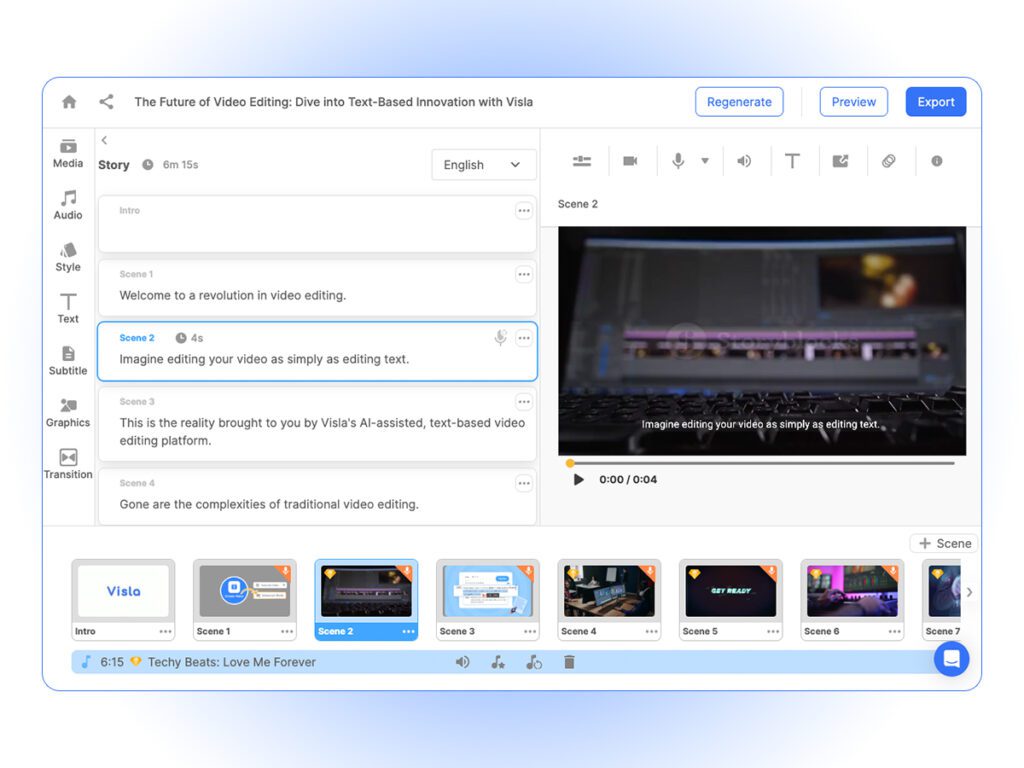Video for business is not just an advantage; it’s essential. With every corporate team from Marketing to HR leveraging video to enhance communication, education, and engagement, it’s clear that video is a universal tool for success. Innovations like AR, VR, and AI, including Visla, are setting the stage for an even more interactive and personalized future. As we venture into 2024, be sure to embrace video to connect with your audience and stay ahead of the competition.
Video Is for Everybody
Video for business is no longer a luxury—it’s a necessity. Across every department, from Marketing to HR, video content plays a pivotal role in communication, education, and engagement. Video empowers each corporate team to achieve their goals more effectively.
| Corporate Team | Use of Video |
|---|---|
| Marketing | Enhance brand awareness and customer engagement. |
| Communications | Streamline internal and external messaging. |
| Sales and Revenue | Boost conversions with compelling pitch presentations. |
| Training and Learning | Simplify onboarding and continuous learning. |
| Customer Success | Provide support and build loyalty through tutorials. |
| Product Development | Showcase features and gather user feedback. |
| HR and People Ops | Facilitate recruitment and nurture company culture. |
Video content offers a unique blend of information, entertainment, and engagement that no other medium can match. Every corporate team stands to gain from integrating video into their strategies, making it a universal tool for business growth and success in the digital age. Embracing video not only enhances communication and learning but also fosters a more connected, informed, and vibrant corporate culture.
Video for Business Remains Popular in 2024
As we step into 2024, the significance of video for business continues to skyrocket. This multimedia tool is not just holding its ground but is becoming increasingly central to marketing strategies worldwide. Let’s explore why video is more crucial than ever for businesses aiming to thrive in the digital landscape.

A whopping 88% of marketers attest to video’s critical role in their strategies, proving its unmatched value in capturing audience attention. Further emphasizing video’s educational power, 52% of companies leverage it primarily to enlighten their audience about products, making complex information digestible and engaging. In the mobile era, 75% of consumers show a preference for short-form video content, indicating the necessity for businesses to adapt their content for mobile consumption. The impact on the bottom line is clear, with 87% of marketers reporting direct sales increases attributed to video content. Moreover, video’s ability to enhance brand visibility is undeniable, as 90% of marketers credit it with boosting their brand awareness.
The enduring popularity of video in 2024 underscores its role as an indispensable asset in the marketing toolkit, driving home the point that businesses must embrace video to engage, educate, and convert their target audiences effectively.
The Future of Video for Business
The landscape of video for business is on the cusp of a major transformation, thanks to the advent of groundbreaking technologies. These innovations promise to revolutionize how businesses engage with their audiences, making content more interactive, personalized, and impactful than ever before.
AR and VR
Augmented Reality (AR) and Virtual Reality (VR) are leading the charge, introducing immersive experiences that dramatically enhance how businesses communicate. AR brings digital enhancements to the real world, offering dynamic ways to showcase products and engage customers through interactive videos. Meanwhile, VR offers a complete immersion into digital environments, ideal for creating realistic training modules, virtual tours, and storytelling experiences that captivate users. As these technologies mature, they’re expected to redefine customer engagement, offering personalized interactions that bolster brand loyalty and create memorable experiences.

Adding to this innovation, products like the Apple Vision Pro mark a milestone in the integration of these technologies into mainstream applications. Apple Vision Pro aims to create an immersive work environment, merging the physical and digital worlds. Its ability to create an interactive canvas for apps and media seek to present new paradigms for business communications, education, and entertainment. This illustrates the possibility of practical applications of AR and VR technologies in enhancing video experiences for businesses. Will the Apple Vision Pro become a success, however? Only time will tell.
The integration of AR and VR into video content is still in its early stages; but it may prove to be a way to create more meaningful and engaging connections with audiences. Businesses that harness these technologies can differentiate themselves, given that the demand is there and the space continues to mature.
Artificial Intelligence
Artificial Intelligence (AI) is reshaping the video landscape by automating complex processes, enhancing creativity, and personalizing user experiences. Platforms like Visla use AI to streamline video production, making it simpler for businesses to create high-quality videos without extensive resources. AI algorithms can recommend edits, generate subtitles, and even select appropriate footage, ensuring content resonates with the intended audience.

AI technologies like Visla pave the way for a new era of video for business. This era is characterized by efficiency, creativity, and personalization, where businesses of all sizes can produce content that stands out. As AI continues to evolve, it promises to unlock even more possibilities for engaging video content, making it an essential tool for businesses looking to thrive in the digital age.


Leave a Reply
You must be logged in to post a comment.